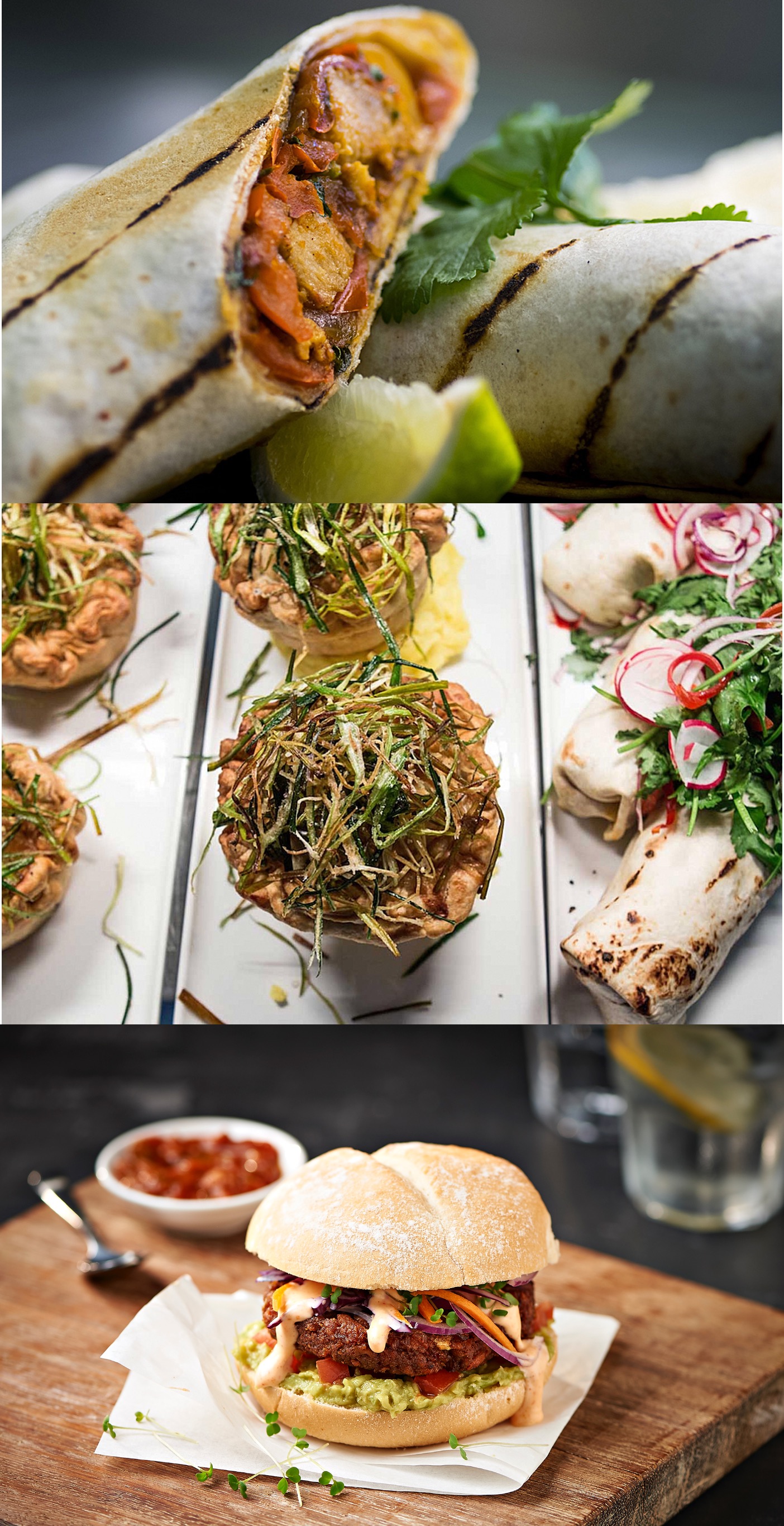- Good Stuff -
- 6mins -
- 577 views
London soccer team goes green in all the ways
With all players eschewing (not chewing) meat, and new green uniforms made from bamboo among their lengthy list of green credentials, Forest Green Rovers F.C. is the world’s first vegan, carbon-neutral professional sports team.
Carbon neutral soccer club finds ‘another way’
Sustainability is central to everything they do at Forest Green Rovers F.C. in West London. From solar panels and electric vehicle charging points at The innocent New Lawn to their vegan menu, they are proving that sports clubs can lead the fight against climate change. And it’s working! In 2017, FIFA described FGR as ‘the greenest football club in the world’. They’re the first and only vegan football club and the first to be certified as carbon neutral by the United Nations.

When you visit The New Lawn you can see what makes FGR the world’s greenest football club
The Innocent New Lawn might look like any other football stadium, but we do things slightly differently. Here are some of the things that make FGR the world’s greenest football club.
- Green energy – The entire club is powered by 100% green energy from Ecotricity, some of which they generate themselves with the solar panels on the stadium roof and the solar tracker at the ground entrance.
- Organic pitch – The grass they play on is sustainable, free from pesticides and weed killers.
- Electric ‘mow-bot’ – They cut the grass with a GPS-directed, solar-powered lawnmower.
- Rainwater capture – They collect rainwater that lands on the stadium and use it to irrigate the pitch rather than using mains water.
- EV charge points – They recommend sustainable travel to all games and provide electric car charge points at The New Lawn.
- Since 2011 they have been measuring their carbon footprint, and between the 2017/18 and 2018/19 seasons they reduced it by nearly 30%.
Source: FGR.co.uk

Forest Green Rovers is a 100% Vegan environment
Livestock farming has a huge impact on carbon emissions and on animal welfare, which is why FGR decided to become a vegan football club back in 2015. That might seem strange to fans used to burgers and pies at half time but as a vegan club they offer their players, staff and fans healthier food that tastes great and is better for the planet.
On match days, they serve their award-winning Q Pies, delicious plant-based burgers, spicy pasties, vegan fajitas and plenty more, all made using locally sourced ingredients. Just like Sergio Aguero, Lionel Messi, Venus Williams and Lewis Hamilton, FGR players benefit from improved performance thanks to a vegan diet.
In 2017, they were recognised as the world’s first vegan football club when we were certified with the Vegan Trademark by The Vegan Society.

Eco Park will be the world’s greenest football stadium
In December 2019, FGR’s planning application for a new stadium called Eco Park was approved by Stroud District Council. It’s going to be something pretty special in the world of association football, and will take all the sustainability work they’ve done at The innocent New Lawn to a new level.
DESIGN
Plans for the stadium itself have been designed by the world-renowned architectural practice Zaha Hadid. Although it has a modern aesthetic, Eco Park will be made almost entirely from wood – nature’s renewable building material. Zaha Hadid’s state-of-the-art designs reflect our ethos as the world’s greenest football club.
FACILITIES
With seating for 5,000 fans, Eco Park will lie in landscaped parkland with space for 1,700 cars. It will have two additional football pitches, including one with an all-weather 4G surface. Around 500 trees and 1.8km of hedgerows will be planted at the site to promote biodiversity.
LOCATION
Eco Park will be built in Eastington, near Junction 13 of the M5, about six miles from the centre of Stroud, Gloucestershire. As part of the plan, they will be making improvements to the A419 from Junction 13 to Chipmans Platt roundabout. There will be new traffic lights to the site, a pedestrian crossing, cycle crossing and combined footway/cycle way which will link to National Cycle Route 45 at Grove Lane.
FGR plan to subsidise match day buses from Nailsworth, Stroud and Stonehouse, and trial a bus service from Cam and Dursley train station.
Source: FGR

Ok, we get all that… but why? And how?
Forest Green Rovers are minor league team in a small town a couple of hours west of London. The Rovers weren’t making money or winning and were on the verge of going under when Dale Vince, the owner of a locally-based, renewable energy company, stepped in to save them.
The first thing that became apparent was that Vince, a long-time vegan, found himself in the sports business and the meat business. Not for long. The club not only stopped serving meat to the players, but they also stopped serving it to the fans.
And a funny thing happened. Everybody liked the food. Former carnivorous players have said it even improved their game. Then another funny thing happened. The team started winning. They’re now vying to move up into a higher division of England’s Football League table.
Source: CBSNews

WHAT WILL HAPPEN TO THE INNOCENT NEW LAWN?
On the club’s website, it states:
‘Our home for so many years, we will be sorry to leave The innocent New Lawn, but we hope to leave a positive legacy on the site for our local community. In our planning application, we made a commitment to having high quality, low carbon housing built where The innocent New Lawn currently stands. The building fabric, site design and energy use of the development will be centred around sustainability, and it will include open spaces and greenery, which are beneficial to everyone.’
The site will be well connected to the local area via public transport, and will have electric car and bike charging points. The buildings will be designed in keeping with community’s existing architectural character. It will provide much-needed new homes in Gloucestershire, with a high proportion of affordable housing included.


